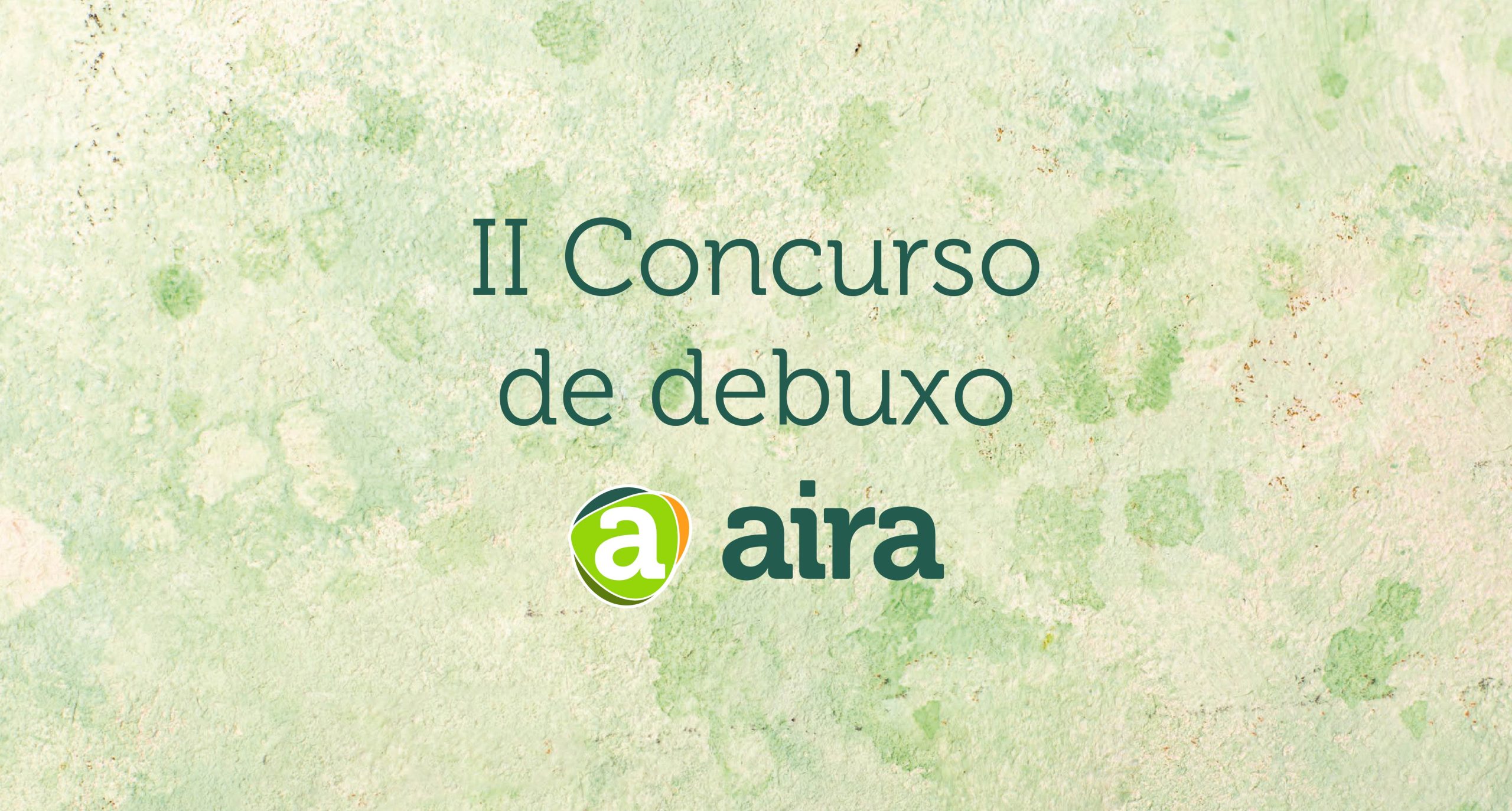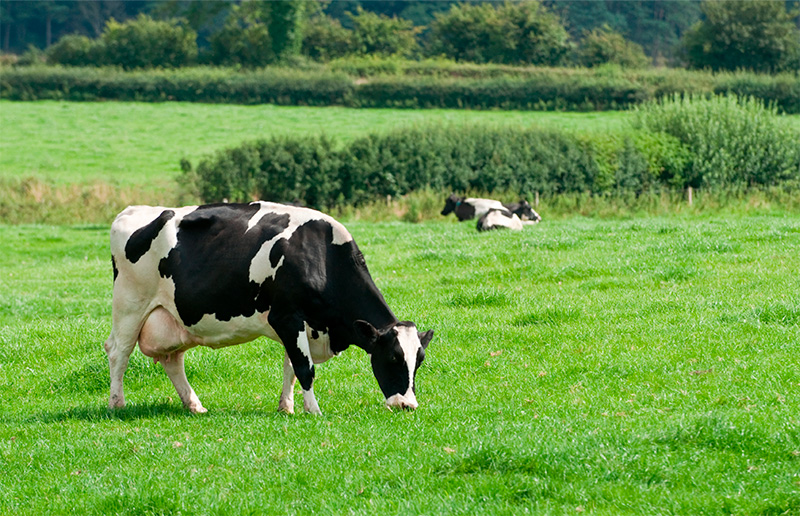José Ramón Ratón, new president of AIRA, leads a governing body that represents the diversity of the sector with a wide range of ages and backgrounds.
AIRA held this Thursday its Ordinary General Assembly in Taboada (Lugo) in which, among other points, the governing council was renewed according to its statutes. The only candidacy presented, headed by José Ramón Ratón Varela, from the farm Riazón SC, (Chantada, Lugo), was ratified by majority.
Ratón, who was already part of the previous board, becomes president of a team in which Inés Jul López joins as vice-president and in which also continue people with previous experience such as Óscar López Sánchez, secretary; Eladio Sánchez López, treasurer; as well as José Salgueiro Pérez and José Manuel Gómez Feás, both as members. Also joining them as members are: Ana María Freire Fernández, Román Torres Labrada, Carmen Silva Vázquez, Adrián Blanco Ulloa, Jessica López Sobrado, Antonio López Rodríguez, Ana Negro García and José Manuel Mahía Porto.
This new governing council seeks to represent the diversity of the agricultural and livestock sector and has a marked intergenerational character, with members between 23 and 60 years of age. Thus, the 23-year-old Ana María Freire Fernández, from O Castelo SC, (Palas de Rei, Lugo), is a clear example of the generational renewal that is taking place in many AIRA member farms. It is not an isolated case, since the average age of this new governing board is 44 years old.
At the same time, this new governing body also values the experience and knowledge of those farmers who already have extensive experience in agriculture and in the world of cooperatives.
“We will continue working with commitment on everything that, with so much effort, has been built until today, and we will continue adding so that AIRA is felt and lived by all the members that make it up,” said the new president of AIRA, José Ramón Ratón.
At the forefront of female representation
With five women in the governing council, AIRA consolidates as one of the first cooperatives in the State with an outstanding female representation in this body. Inés Jul López, from Currás Xiá López livestock farm (Friol, Lugo), becomes the first vice-president of AIRA. Along with her, Ana María Freire Fernández, Carmen Silva Vázquez, Jessica López Sobrado and Ana Negro García serve as members of the board, reinforcing the commitment to gender equality.
Representation and territoriality
The new board also reflects the territorial diversity of AIRA, which has more than 3,000 members distributed throughout the provinces of Lugo, Pontevedra and A Coruña. Each member of the board belongs to one of the areas where AIRA has delegations, thus ensuring a broad representation of the whole sector.
During the assembly, José Manuel López Tellado, outgoing president, presided over the session and wished to personally thank the trust placed in him during his eight-year term of office, pointing out “the pride of belonging to a Cooperative that is an example of union, responsibility and commitment to the future of our countryside”.
Income statement
During the assembly, the accounts of the previous year were also presented and a balance of the data obtained was made. Daniel Ferreiro, former general manager of AIRA, who continued collaborating with the Cooperative throughout these months, was in charge of presenting this balance of results, since it is also the last year under his management.
Ferreiro highlighted that in 2024 AIRA reached a turnover of 205.5 million euros and an EBITDA of 8.5 million euros, a figure that continues to demonstrate the financial strength of the Cooperative. Of the 5.1 million euros of net profit, 2.006 million euros went to increase the capital stock of AIRA’s members.
Looking to the future
With the incorporation in January of this year of the new General Director, Cándido Cancelo Cabanas, AIRA begins a new stage in which the commitment to sustainability, the closeness with the members and a clear projection of the future are reinforced, with the objective of continuing to strengthen the Cooperative as a reference of the Galician and national agri-food cooperativism.


